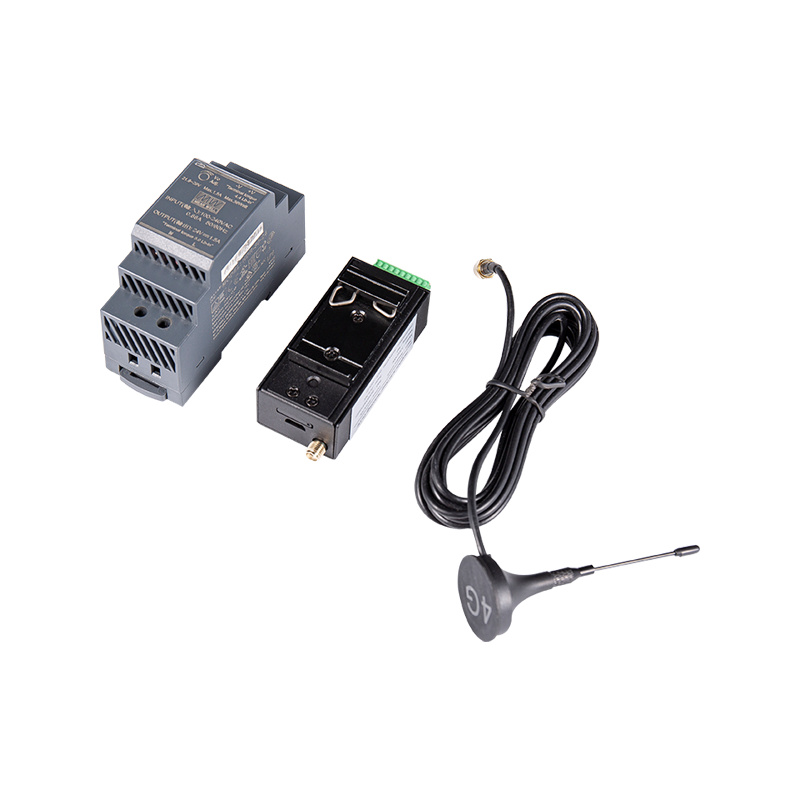Multifunctional meters: the "smart eyes" of smart grids
With the rapid development of science and technology, smart grids have become an important part of modern power systems. In this complex network, multifunctional meters play a pivotal role with their excellent performance and comprehensive functions. They provide indispensable power information and data for smart grids by accurately measuring various parameters of the power system, such as current, voltage, power factor, active power and reactive power.
Multifunctional meters are called "multifunctional" because they can not only measure current and voltage in the traditional sense, but also monitor and record complex parameters of the power system in real time. These parameters include but are not limited to power factor, active power and reactive power, which are essential for the stable operation and efficient management of the power system. By transmitting this data to the management system of the smart grid in real time, multifunctional meters have become an important "tentacle" for the smart grid to perceive and respond to changes in the power system.
In smart grids, these data are the basis for real-time monitoring, dispatching and control. Smart grids can perform intelligent analysis and processing based on these data, thereby achieving comprehensive control of the power system. For example, by analyzing the changes in current and voltage in real time, smart grids can promptly detect overload or imbalance in the power system and take corresponding measures to adjust it. At the same time, by monitoring power factor and reactive power, smart grids can optimize reactive compensation of the power system, improve power factor, reduce grid losses, and improve the economy and stability of the power system.
In addition, multifunctional instruments also provide smart grids with rich historical data. These data can help smart grids conduct more in-depth analysis and prediction, thereby providing strong support for the planning, design and optimization of power systems. For example, by analyzing historical data, smart grids can predict the load change trend of power systems and provide a scientific basis for power dispatching. At the same time, by mining and utilizing historical data, smart grids can also discover potential fault points and safety hazards in the power system, providing strong guarantees for the safe operation of the power system.
Multifunctional instruments play a vital role in smart grids. They provide comprehensive power information and data for smart grids by accurately measuring various parameters of the power system. These data are not only the basis for real-time monitoring, dispatching and control of smart grids, but also the key to realizing automatic management and control of power systems. By intelligently analyzing and processing these data, smart grids can reduce human intervention, improve management efficiency, and provide strong support for the stable operation and efficient management of power systems. It can be foreseen that in the future construction of smart grids, multifunctional meters will continue to play an important role and contribute to the intelligent development of power systems.





